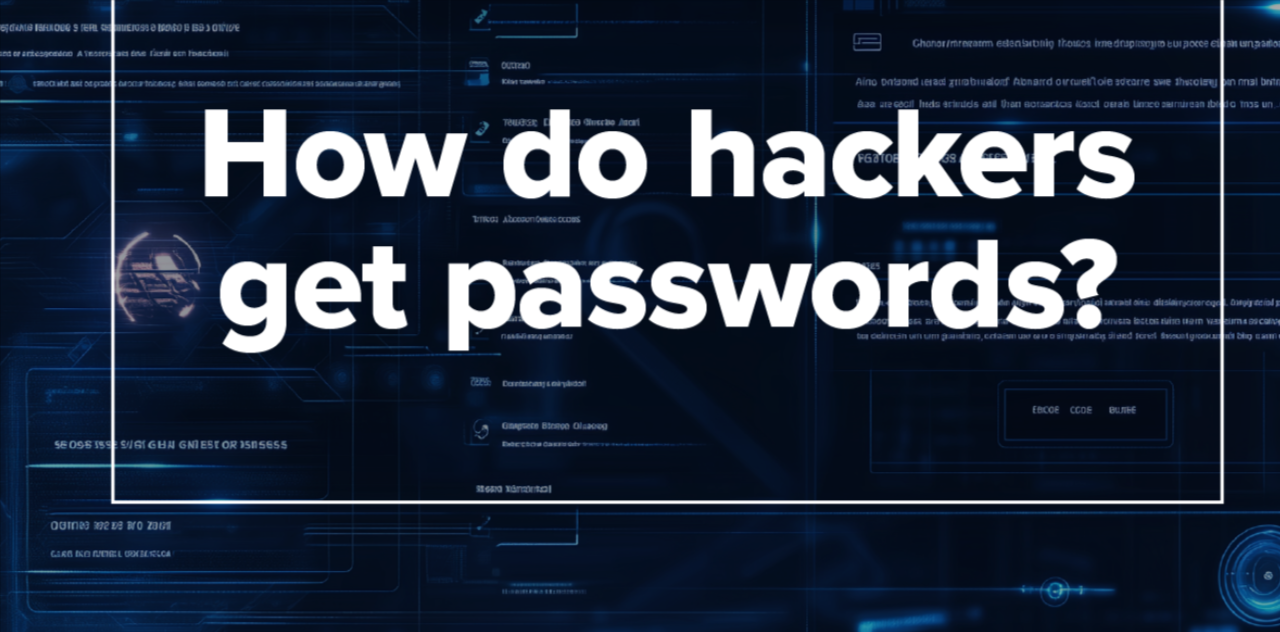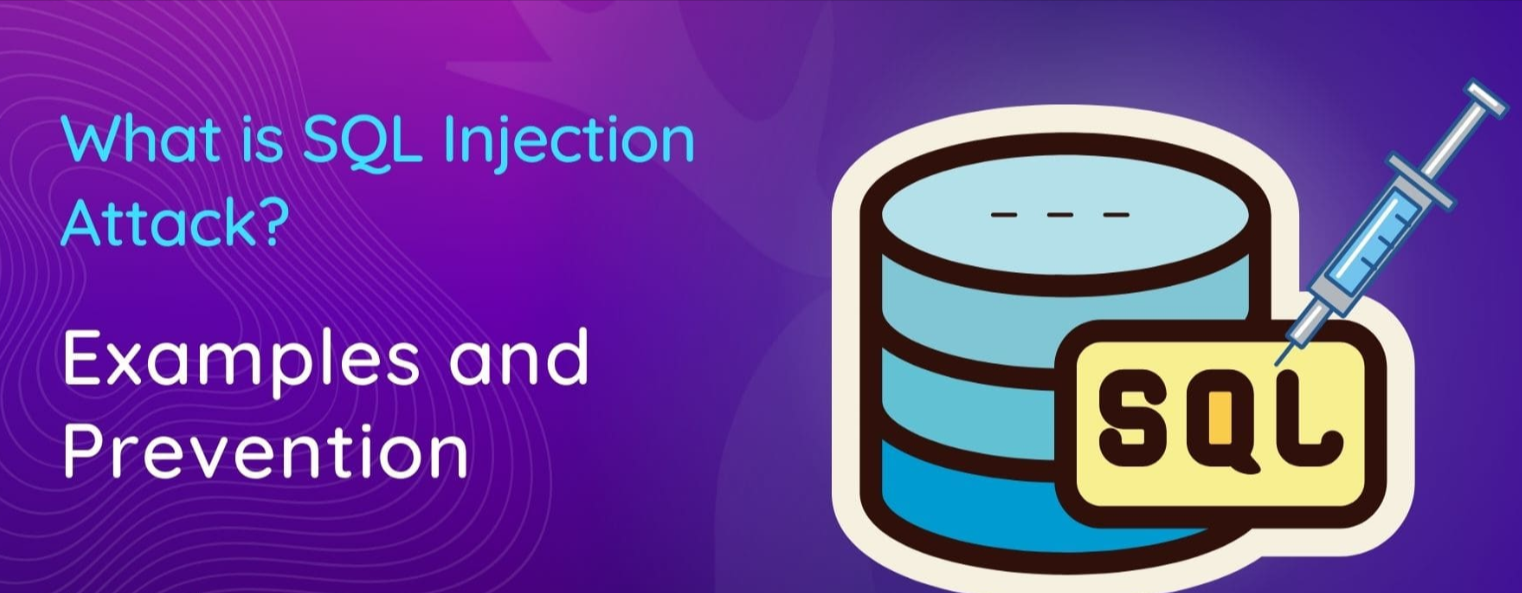Understanding Password Cracking: How Hackers Break Weak Passwords

Now I shall come to the point of how badly the attckers hack the not-so-strong passwords. I will also include some useful tips that may however help you strengthen your accounts against that sneaky silent attack. So if you are a newbie or a veteran, I have something for you in the form of information on how to be terrified about bratty passwords-a-how-to on cracking those.
What is Password Cracking?
Attempting to figure out passwords from data in hashed form or systems that are locked down is what password cracking is all about. A bunch of different tricks are what hackers use to make a guess, break the code, or snatch passwords. People might crack passwords for good reasons, like checking how tight security is, or the bad guys could be doing it to swipe your private info.
Why Password Cracking is a Threat
The trouble with password cracking is how it puts loads of private stuff we've got online at risk. Hackers, with just a little bit about you, can have a go at getting into your stuff. And if they manage to get past one, they might hit all your accounts using that same secret code or stuff like it, and boom—your security's blown big time.
A successful password cracking job can end up with stuff like:
If someone gets into your accounts like social media, your email, or your bank account without permission, that's bad news. Plus, stealing your identity messing with your money, or letting out your private info are all super risky.
So yeah, you've gotta get how password-cracking ticks if you're using the web.
Hackers Cracking Passwords: What's their secret?
Okay so hackers have a bunch of tricks up their sleeves to crack passwords. Here's a look at the ones they pull off most often.
1. Brute Force Attack
Think of a brute force attack as a hacker hammering at your password with every combo of letters and numbers they can think of until they hit the jackpot. If your password is like a super secure crazy-long thing, it can take them forever.
A Look at Brute Force Attacks:
Imagine your password has four letters and you've used the small ones; you're looking at 26^4 (456,976) different mixups.
Now, if you stretch that password to eight symbols tossing in big letters and digits too, the mixups skyrocket.
Brute force attacks can knock down short or easy secrets, but when it comes to the long and tricky ones, they could take donkey's years to break, which kinda makes them not so hot against solid passwords.
2. Rummaging with a Dictionary Attack
A dictionary attack goes for speed over the brute force approach. A hacker doesn't try every character combo. They have a list with easy passwords, stuff like "password123," "qwerty," and "123456."
Why does it work? Well, loads of folks pick easy-to-guess passwords.
In this attack, a hacker looks for a match between the list and the system's encrypted passwords. If they find one boom, they're in.
A Dictionary Attack Example:
A hacker has a list with stuff people say a lot, like "password," "123456," or "iloveyou."
It lets them guess weak passwords super quick, the kinda passwords loads of users go for.
A bunch of password databases have ended up in the wrong hands over time giving the bad guys real treasure troves of passwords and making it way easier for them to pull off dictionary attacks.
3. Rainbow Table Attack
It's like you have this massive list known as a rainbow table that contains the hash codes for every conceivable password based on some character set for fairly small passwords. This is what hackers would use to match against the real password-they're no longer guessing.
But this neat little trick would cease to work if you salted your hashes, which in turn gives you an extra layer of security by making the hash code unique. So what did the good ones do? Salt went through the roof in modern security, rendering rainbow table attacks all but impossible.
4. Social Engineering
Hackers don't always use fancy software to get passwords. They often trick people into giving away their login stuff. This trickery known as social engineering, works when hackers play mind games to get your password or security info.
Take this: a hacker acts like they're from a real company and tricks you into handing over your login details as part of an "important" system update or some tech help.
5. Phishing Attacks
Phishing is a term used for various schemes whereby hackers send fake e-mails or texts that appear to be from a trusted source such as your bank or maybe a social networking site. These fraudulent e-mails contain links toward a phony look-alike website that will capture any of your log-in details once you enter them.
Once a hacker grabs your login details, they're in your account snooping around for private info.
6. Keylogging
Keyloggers nasty bits of software or gadgets jot down everything you type. If a hacker drops a keylogger on your tech, they'll snag all your secret codes, no matter how fancy they are.
Phishing emails might sneak keyloggers onto your system, or some sneaky person could stick one right into your machine. It's a big risk, for sure.
Keep Your Passwords Safe from Hackers
Now that you've got the lowdown on hackers' tricks, let’s jump into the top tips to lock down your accounts from these sneaky intruders.
1. Pick Strong Passwords
To keep safe from password hackers, your best bet is having tough-to-crack passwords. Make sure your password's a big jumble with:
Not less than 12 characters, and even more is perfect.
Both big and small letters.
Digits.
Funky symbols like ! @, #, $, and stuff like that.
Skip the easy-to-guess stuff and go for a weird mix-up of letters, digits, and symbols. Or pick a passphrase—a super long line of weird words.
2. Turn on Two-Factor Authentication (2FA)
Two-factor authentication (2FA) tosses in a bonus security layer for your accounts. Hack a password and you're still out of luck without the second bit a code pinged to your phone or email.
Heaps of places, like Google, Facebook, and banks, have got 2FA on the menu. Hit that enable button any chance you get!
3. Shake Up Your Passwords for Each Account
Using a common password means trouble is bound to follow. If one gets compromised, the rest are sitting ducks. Use different passwords for every account!
Think about a password manager for strong password storage and generation. These tools will fill in all your login credentials on different sites for you, sparing your memory on all those passwords.
4. Keep Your Passwords Fresh
Getting into the habit of freshening up your passwords is solid for security. Should you get the feeling an account of yours might've been hacked or you've stuck with the same password a bit too long, it's high time for a switch. A new password cuts down the chances of bad folks having a field day with your info for too long.
5. Watch Out for Sneaky Phishing Tricks
It's super easy for hackers to mess with you through phishing stunts. So, you gotta stay sharp when you get weird emails or texts outta nowhere asking for your password or personal data that's kinda hush-hush.
Don't ever click any sketchy links.
verify any email address and the URL of a website for scam hints.
If you're not sure about an email's authenticity, get in touch with the company itself.
6. Use Encrypted Passwords and Salts
All websites and platform owners must secure the storage of their passwords. For this purpose, one would normally use strong encryption algorithms such as bcrypt, PBKDF2, or Argon2. Furthermore, salts should be included, which are randomBits of data appended to the password before hashing. This salting of the hash for the password really does mean that even if hackers have gotten hold of a hash, it would be next to impossible to guess the password.
7. Keep Up with Security Movements
Password-cracking methods are emerging all the time, so any fresh update to the scheme must also update all the previously established ones. They, too, should keep checking to make sure they already have other forms of established security updates. And keeping them updated would definitely do them no harm; rather, it might even pay off to give them a check once in a while.
Conclusion
Now is password cracking all the rage. And the smarter hackers get with working on how to blindfold people into going into their property. Definitely, getting their tricks and shielding one's own data would be detrimental to making it safely online.


